MICAD: the project at glance


Climate and digital transitions have become central priorities at both the European policy level, from the EU Green Deal to the 100 Climate-Neutral and Smart Cities Mission, and among metropolitan actors striving for a greener, more equitable future. Sustainability is no longer an option but an urgent necessity, and digital transformation can act as a powerful catalyst to accelerate this process, provided it is combined with sustainable development principles.
These transitions are closely linked and complementary: they shape the future of governance and demand collaboration across multiple levels and a transdisciplinary approach. Metropolitan areas must adopt strategies that foster multi-stakeholder dialogue, participatory policymaking, and inclusive innovation, ensuring governance structures evolve in a way that is both democratic and effective.
This is where MICAD – Metropolitan Inclusivity in Climate and Digital Transitions steps in. The project offers a robust framework for inclusive metropolitan co-planning policies, centering on climate and digital transitions globally, with a special focus on Europe. MICAD provides metropolitan areas with readily actionable tools to navigate these transitions while supporting multi-level governance, connecting local, regional, national, and even international efforts.
MICAD starts from a simple, crucial idea: transitions work best when they are inclusive. By engaging citizens, policymakers, local businesses, and researchers, the project helps cities co-create solutions for a sustainable and digital future.
MICAD’s work unfolds in four main phases:
Replication and Sustainability: MICAD shares lessons globally through an enhanced Toolkit for local and metropolitan authorities, and through policy recommendations for European and national institutions. Two international Working Groups, one in Europe and one in Latin America or Africa, will allow cities worldwide to learn from MICAD’s experience and replicate best practices.
The project’s main results include:
MICAD brings together a diverse network of partners — metropolitan areas, research centers, companies, and global organisations. This pluralistic approach ensures that solutions are grounded in real-world expertise while embracing innovation and inclusivity.


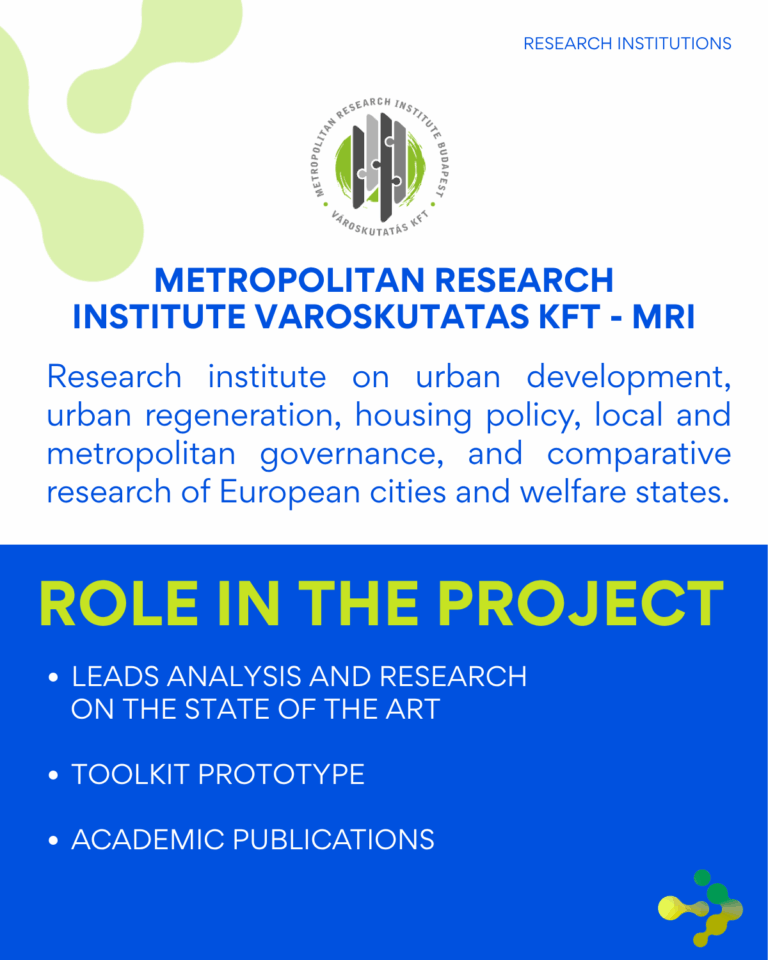

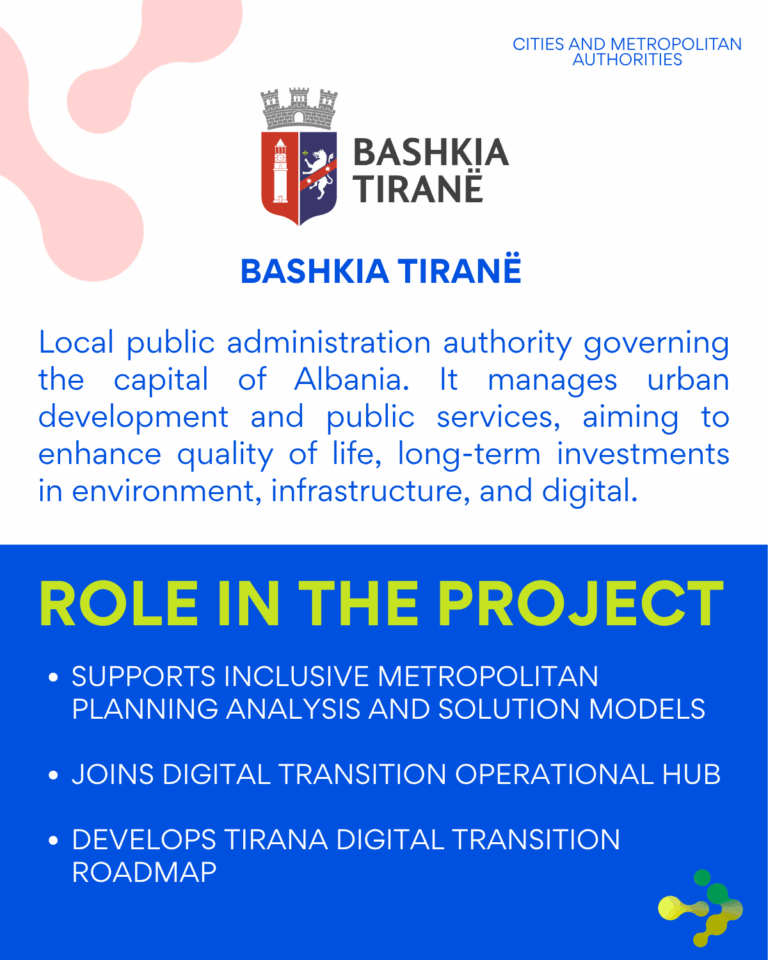
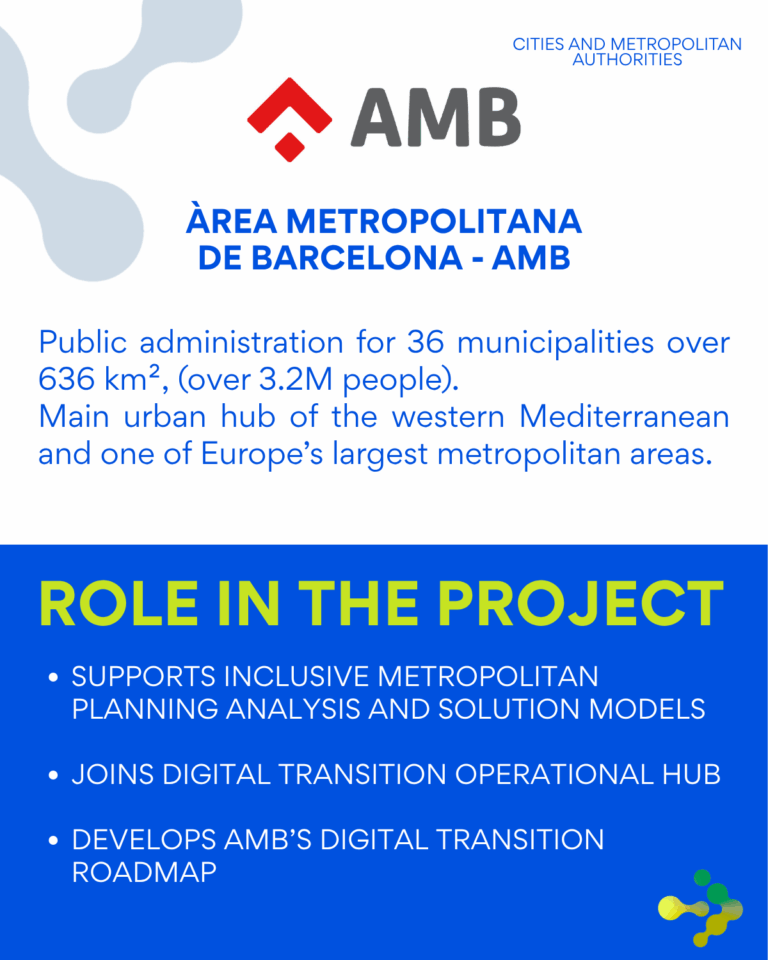
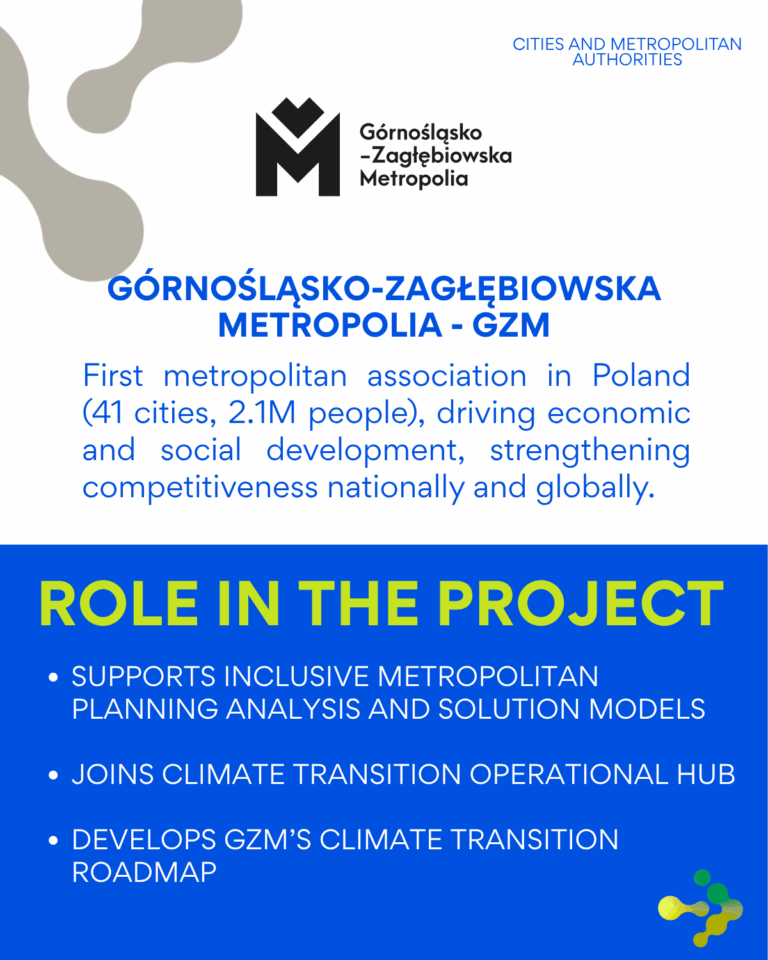
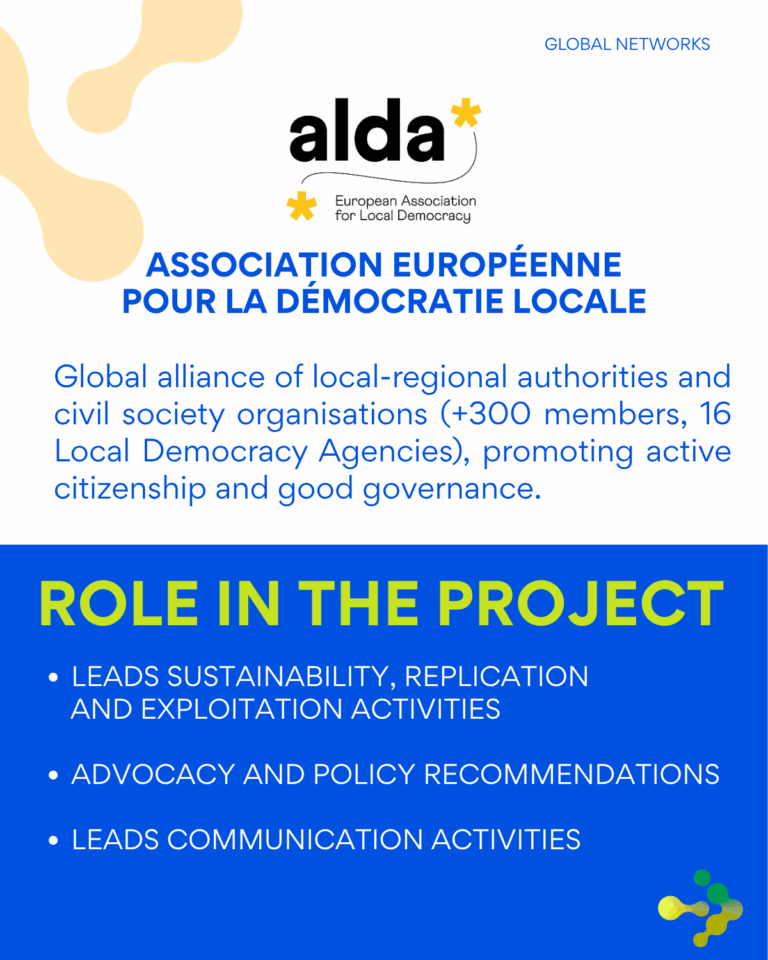
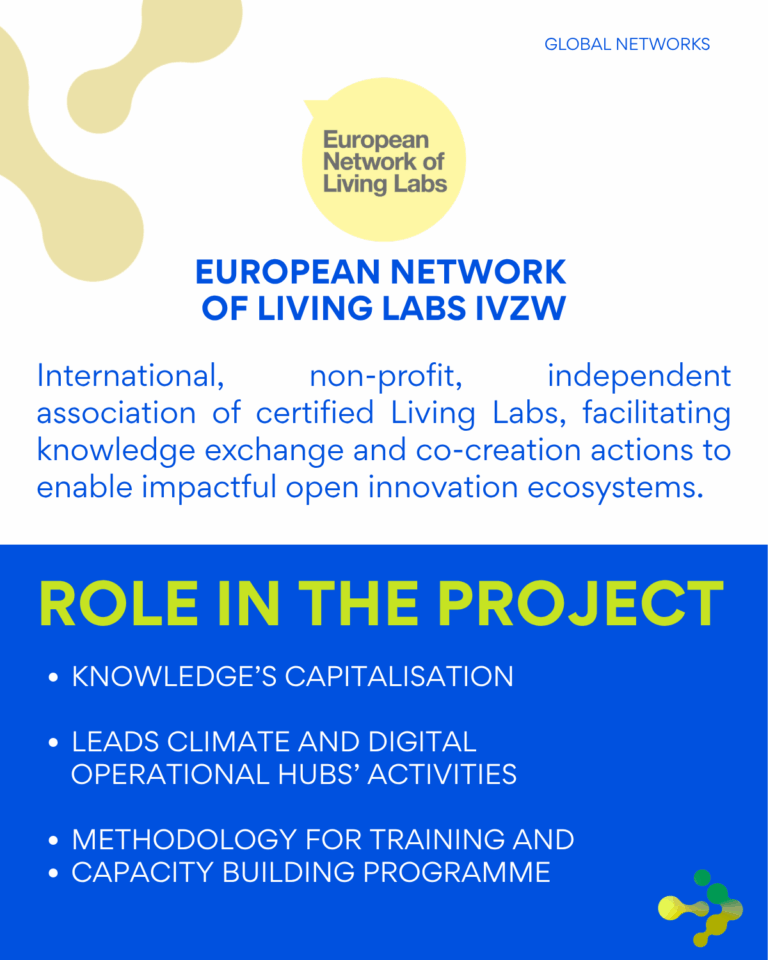
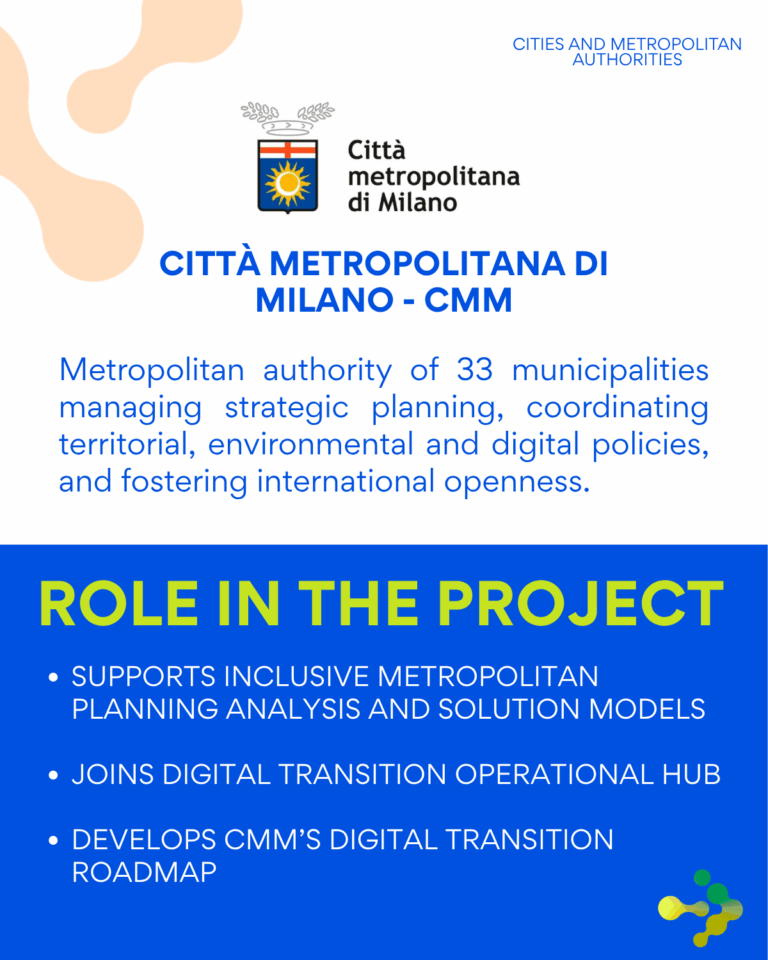
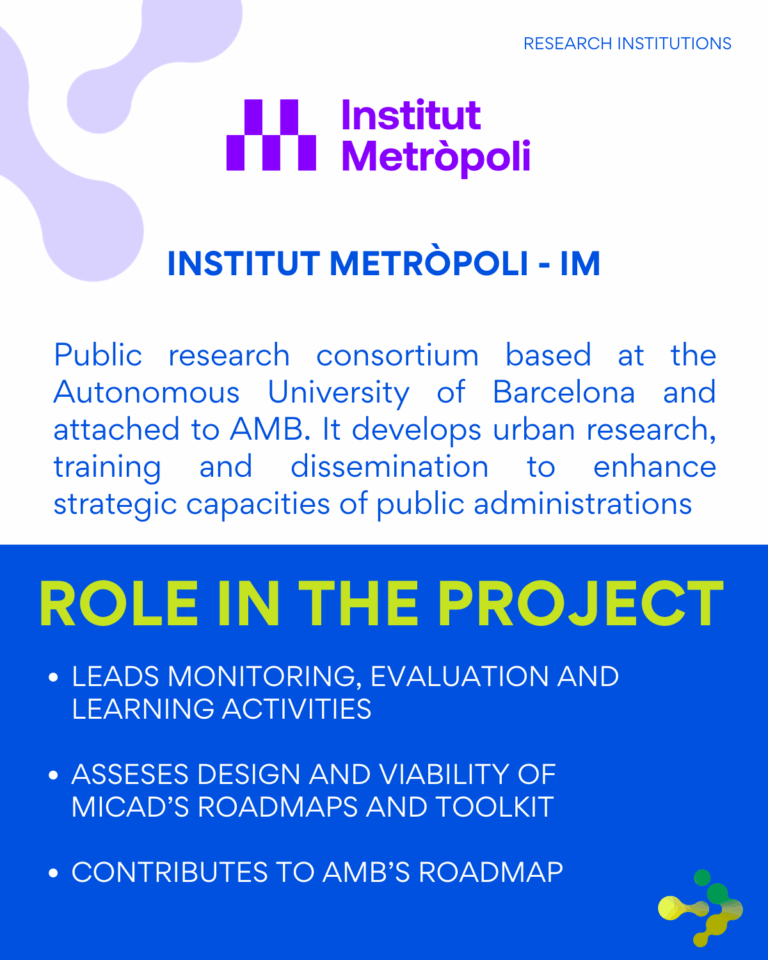
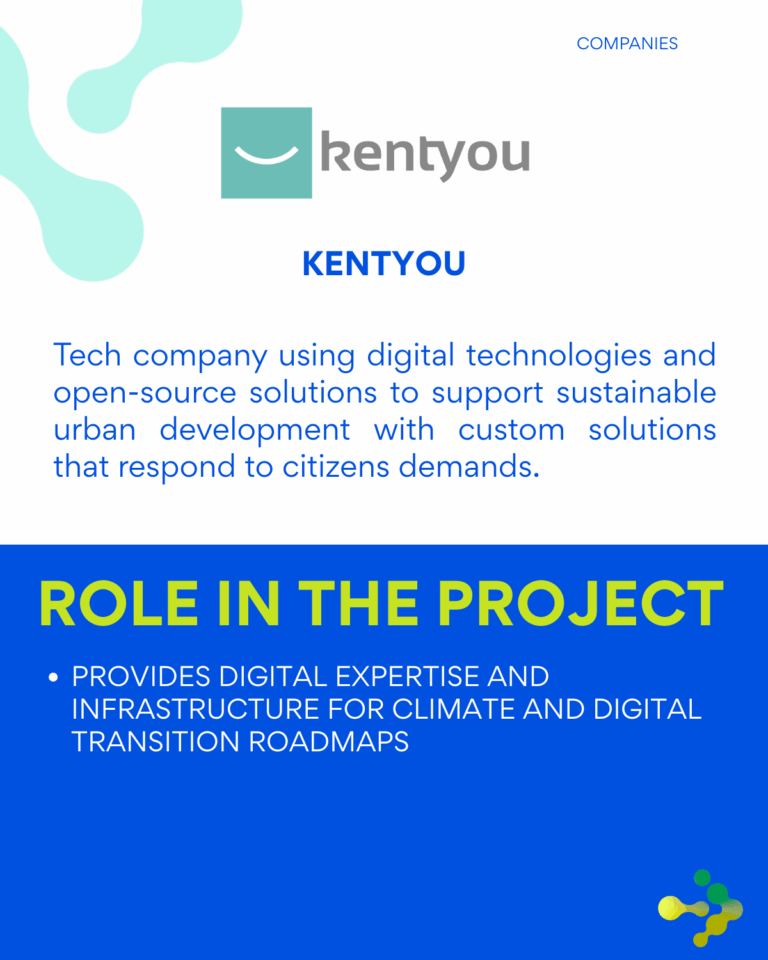
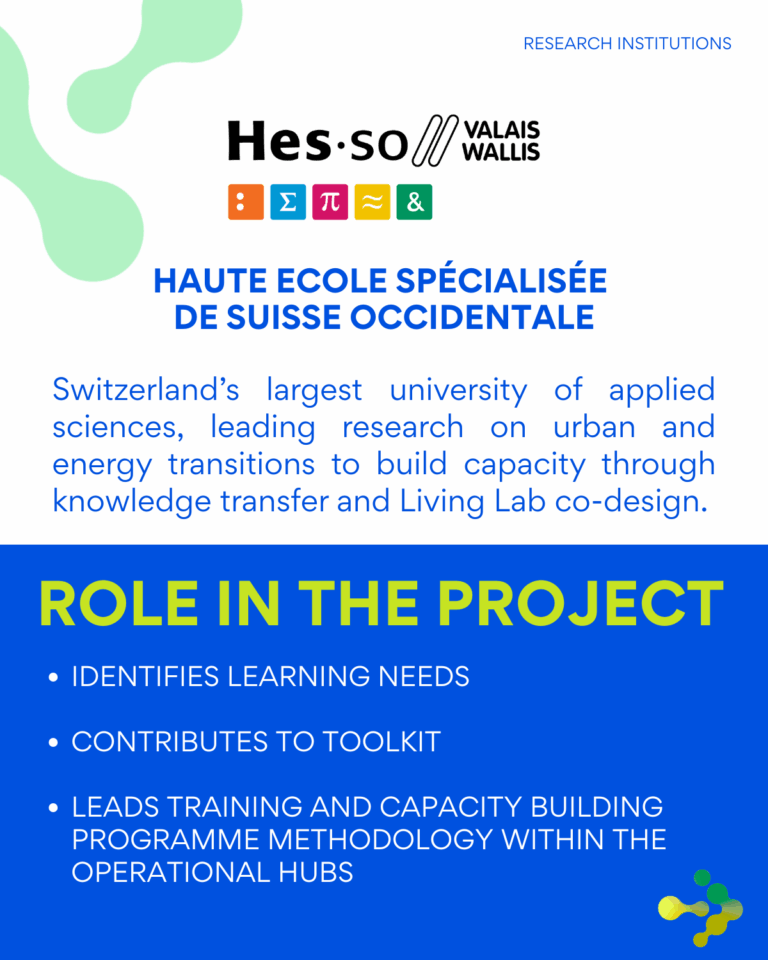
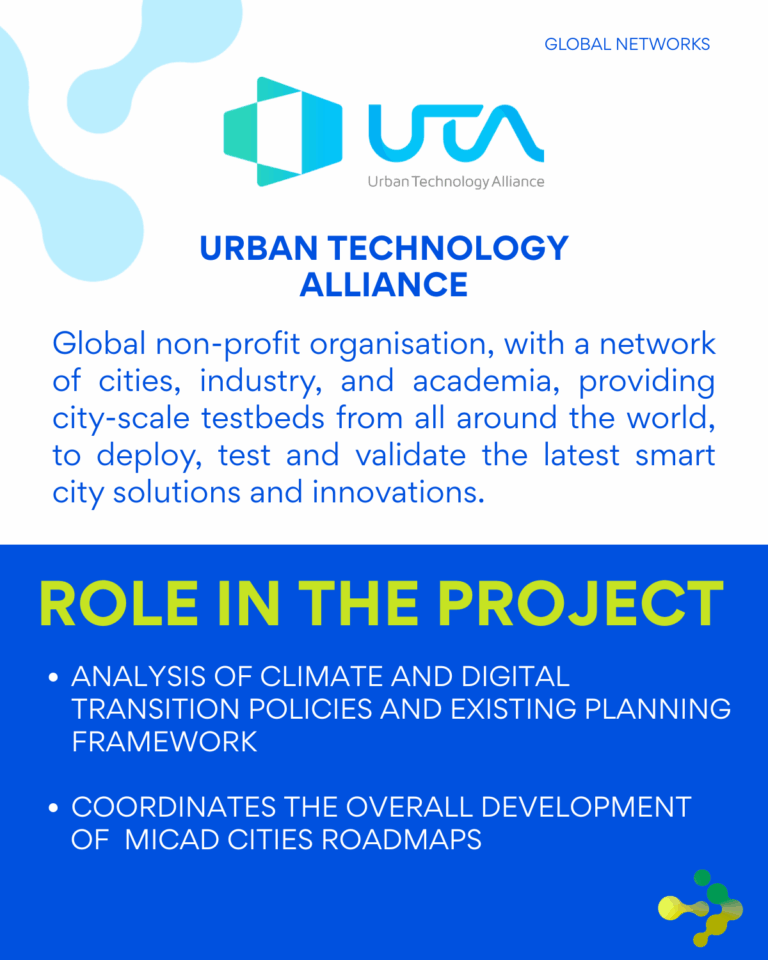
Climate and digital transitions are reshaping how we live, move, work, and connect. MICAD ensures these transformations are inclusive, giving every citizen a voice and ensuring no one is left behind. By combining research, innovation, and participation, MICAD is helping cities plan for a fairer, greener, and digitally empowered future.
Follow MICAD through our website and newsletter to discover how European and global cities are turning inclusivity into a cornerstone of their climate and digital transitions and join the Community of Practitioners on Linkedin.